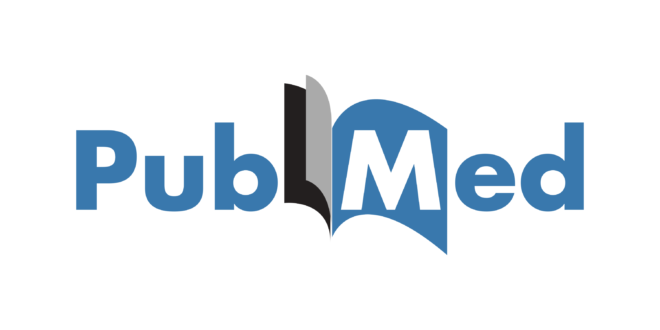Background: To assess the effectiveness and safety of moxibustion for post-stroke depression. Methods: A search was conducted in the following English and Chinese databases: Medline, Embase, Cochrane Central Register of Controlled Trials (CENTRAL), China National Knowledge Infrastructure (CNKI), Chinese Biomedical Literature (CBM), VIP and Wanfang. The outcomes included Hamilton Depression Rating Scale …
Read More »
 Acupuncture Times Read the latest acupuncture research articles about acupuncture, Chinese herbal medicine, cupping therapy and moxibustion.
Acupuncture Times Read the latest acupuncture research articles about acupuncture, Chinese herbal medicine, cupping therapy and moxibustion.
